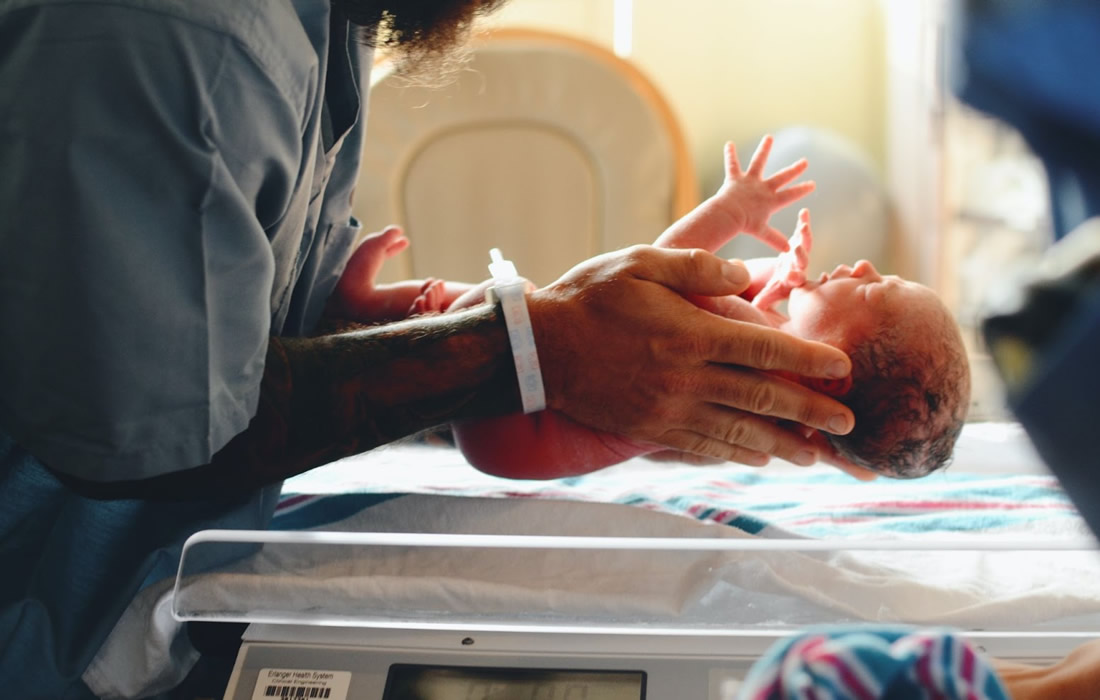Regenerative Medicine News and General Information
Reduced Sleep and Activity in Pregnancy Is Linked to Premature Birth Risk
Premature birth, when a baby is born 3 or more weeks early, affects 10.5% of births in the United States; these rates are higher in some other parts of the world. Premature newborns can suffer many medical complications, including diseases of the eyes, lungs, brain and digestive system. Prematurity is the leading cause of death for children under age 5 around the world.
Research has identified a variety of risk factors for premature delivery but doctors still can’t reliably determine which pregnancies are at risk for premature delivery. Developing medications that could do this would be complex, in part because of ethical concerns regarding testing drugs that might harm the fetus.
If researchers can identify sleep and activity patterns that lower prematurity risk, they can design interventions to help expectant mothers adopt better sleep and exercise habits, a potentially low-risk way of reducing preterm births, Aghaeepour said.
In this study, researchers collected data from devices worn by more than 1,000 women throughout pregnancy. With a machine learning algorithm, the scientists sifted through participants’ activity information to detect fine-grained changes in sleep and physical activity patterns.
“We showed that an artificial intelligence algorithm can build a ‘clock’ of physical activity and sleep during pregnancy, and can tell how far along a patient’s pregnancy is,” said senior study author Nima Aghaeepour, PhD. Normal pregnancy is characterized by progressive changes in sleep and physical activity as the pregnancy advances, he said. “But some patients don’t follow that clock.” When patients’ sleep and activity levels don’t change on a typical trajectory, the study showed, it’s a warning sign for premature birth, he added.
As the pregnancies progressed, sleep typically became more disrupted, and women became less physically active, the study showed. However, some women’s sleep and activity patterns changed on an accelerated timeline relative to how far along they were in their pregnancies. These individuals were more likely to deliver early, the study found.
The researchers were surprised at how strongly deviations from the normal pattern of sleep and physical activity could predict preterm birth. If the machine-learning model classified a woman as sleeping better and being more physically active than usual for her stage of pregnancy, this was linked with a 48% reduction in risk for preterm delivery. Conversely, if the model classified a woman as sleeping worse and being less physically active than usual for her stage of pregnancy, her risk for preterm delivery was 44% higher than for pregnant women with typical sleep and activity patterns.
“This is exciting preliminary data,” Aghaeepour said. The results suggest that scientists should run studies to test whether tracking and modifying pregnant women’s sleep or physical activity could lower their prematurity risk, he said, adding, “It’s telling us where to go for future interventions.”
Although the findings are at an early stage, and more work is needed to understand their implications for preventing prematurity, there’s little risk in advising pregnant women to maintain good sleep habits now, she added. For instance, women should try to maintain consistent bedtimes and wake-up times, get enough sleep, and get some natural light during the day to help regulate their body clock.
Sources:
Neal G. Ravindra, Camilo Espinosa, Eloïse Berson, Thanaphong Phongpreecha, Peinan Zhao, Martin Becker, Alan L. Chang, Sayane Shome, Ivana Marić, Davide De Francesco, Samson Mataraso, Geetha Saarunya, Melan Thuraiappah, Lei Xue, Brice Gaudillière, Martin S. Angst, Gary M. Shaw, Erik D. Herzog, David K. Stevenson, Sarah K. England, Nima Aghaeepour. Deep representation learning identifies associations between physical activity and sleep patterns during pregnancy and prematurity. npj Digital Medicine, 2023; 6 (1) DOI: 10.1038/s41746-023-00911-x
Stanford Medicine. “Wearable device data reveals that reduced sleep and activity in pregnancy is linked to premature birth risk.” ScienceDaily. ScienceDaily, 28 September 2023. <www.sciencedaily.com/releases/2023/09/230928152205.htm>.
Materials provided by Stanford Medicine. Original written by Erin Digitale. Note: Content may be edited for style and length.
Images from:
Photo by Christian Bowen
https://unsplash.com/photos/I0ItPtIsVEE

